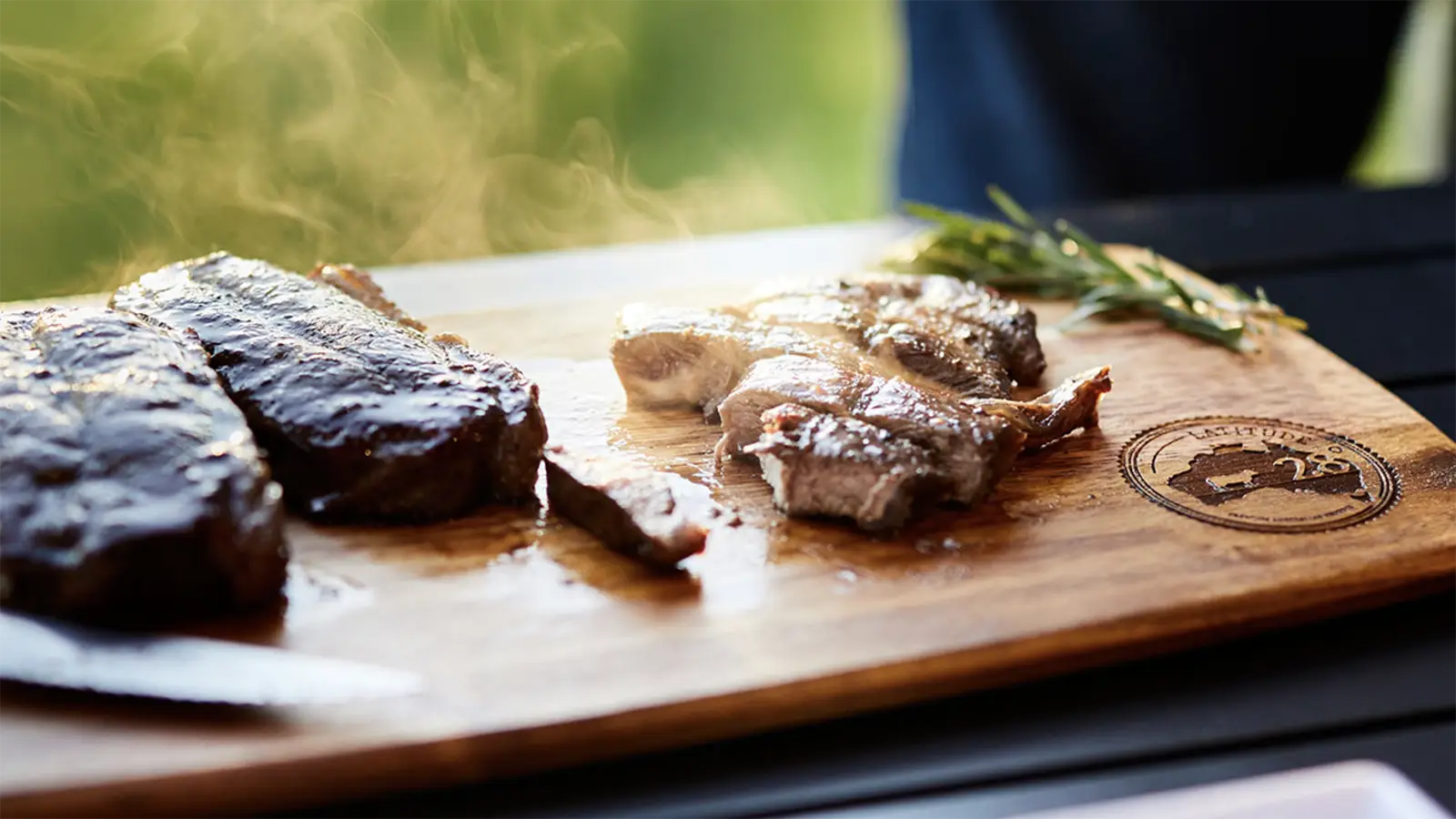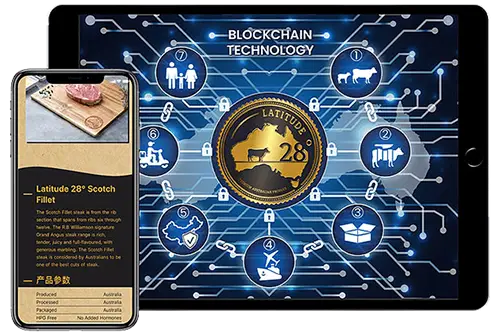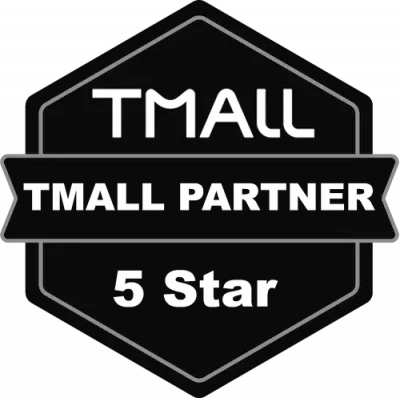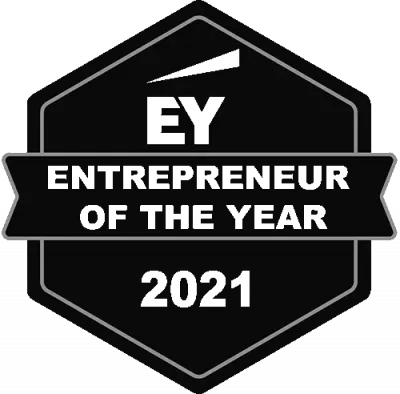- SOLUTIONSBusiness Strategy
Convert your plans into business strategies that will help you achieve your long-term vision.
Market InsightsGain an edge on your competition and identify growth opportunities through in-depth, data-led marketing intelligence.
MonitoringHave full clarity on what’s performing within your business.
Commerce StrategyWe build strategies for brand partners to compete and succeed in Asia’s top marketplaces and all commerce channels.
Ongoing ManagementManage your marketplace presence with ease by simplifying your day-day tasks.
Platform EnablementActivate and scale brands on Asia’s leading digital marketplaces such as Tmall, JD.com, Rakuten, and Douyin.
Brand, Creative & Marketing StrategyDefine who you are targeting, and how you show up in the marketplace with purpose.
Social Media & Influencer MarketingLeverage social channels to build a community and grow your brand.
Advertising & SEOReach new audiences when they are searching for brands and products like yours.
Content & Campaign ActivationBuild campaigns on the right platforms. Be seen where you know your audience hangs out.
Technology Strategy & ConsultingMake the right connections, build digital capabilities, and turn your vision into reality.
Cloud EnablementKeep your site secure, bug-free, and running smoothly with the help of a hosting and support team working inside China.
Custom DevelopmentWe are experts at custom-building large-scale tech solutions for Asia-Pacific.
Logistics & FulfilmentWe provide all the services you need to execute a worry-free and efficient distribution strategy in Asia.
Administrative & FinanceOur financial and administration solutions are tailored to meet your brand’s unique needs.
Customer ServiceOur customer service team ensures that your customers have a positive experience at each point in their interaction with your brand.
Compliance & RegulatoryWe ensure your brand is positioned correctly to succeed in a dynamic regulatory landscape.
- OUR WORK
- ABOUT
- NEWSROOM
- LATEST
- CONTACT








